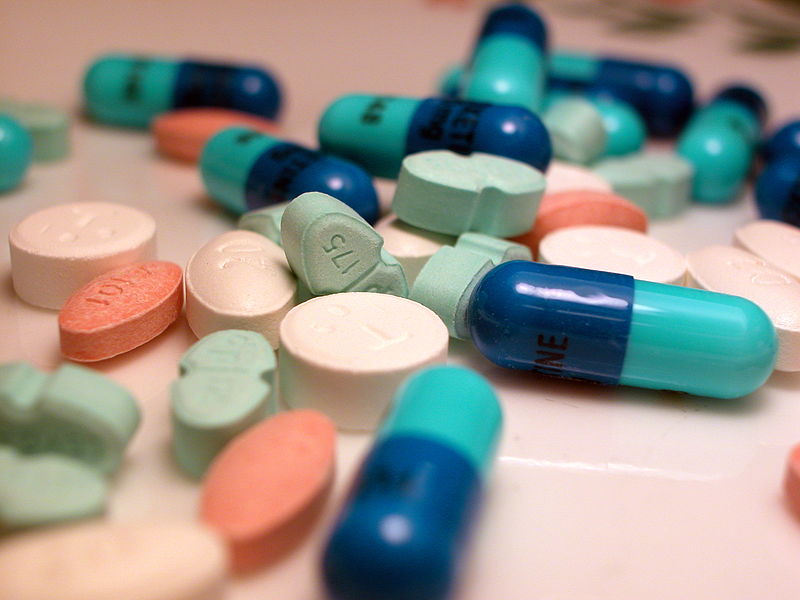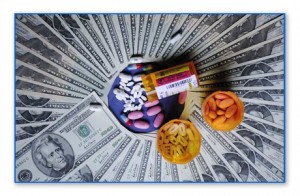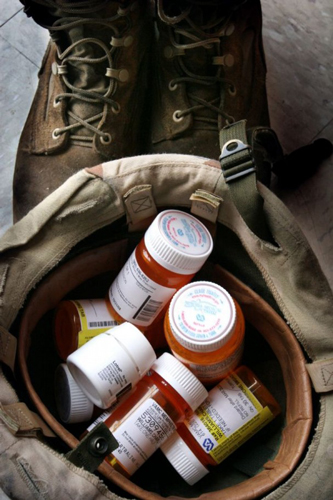
Twisted web of lies in Maryanne Godboldo Case: Big Pharma, multiple agencies, judge, DHS all profit from child abduction
There is a good chance you have heard the story of Maryanne Godboldo and how armed government agents broke down her door and attempted to kidnap her 13-year-old daughter Ariana to turn over to CPS because she refused to medicate her with a potentially dangerous and mind-altering anti-psychotic drug Risperdal (http://www.naturalnews.com/032191_C…). Maryanne had been using holistic remedies for her daughter instead, such as dance therapy.
The Detroit mother is now currently going through a criminal and custody trial because of this incident, and a variety of revealing and disturbing information is starting to come out about the involvement of Big Pharma and other parties in the twisted web of lies the case is wrapped in.
The jury presiding over the hearing was convinced to believe that Maryanne’s refusal to give her daughter the controversial drug, supposedly used to “treat” ADHD, represented a form of parental neglect. Thanks to the Voice of Detroit (VOD), it is now coming to light that the New Oakland Child-Adolescent & Family Center – a private facility which reported Maryanne to CPS for taking her daughter off the drug — has paid connections with Big Pharma since at least 2004.





